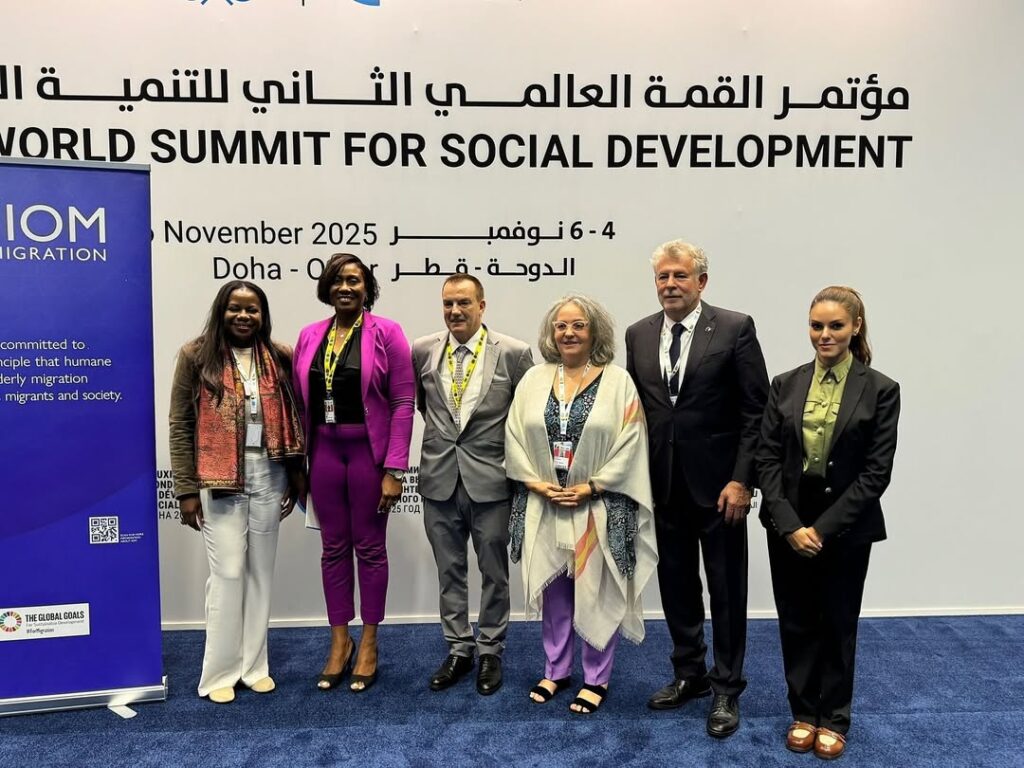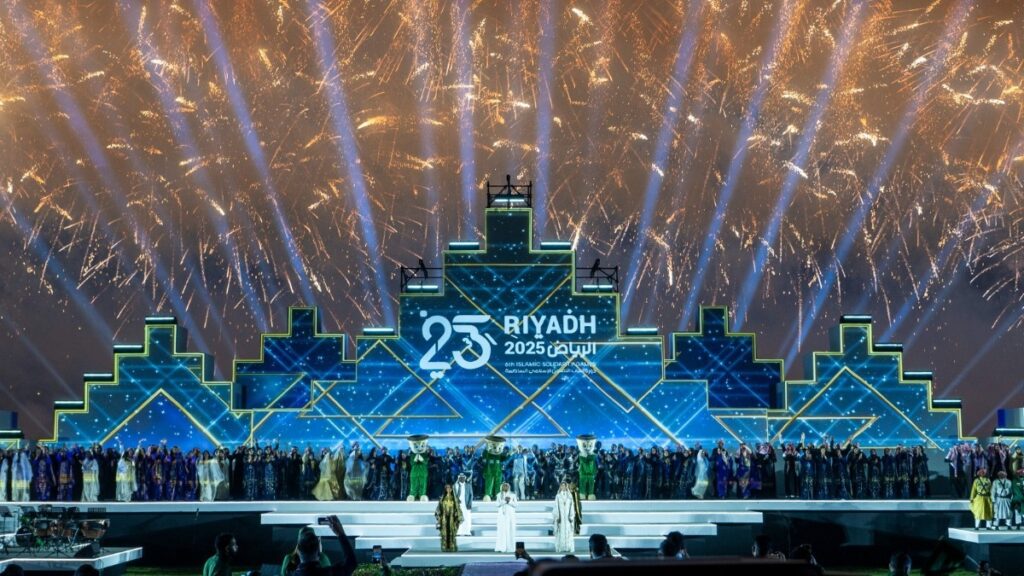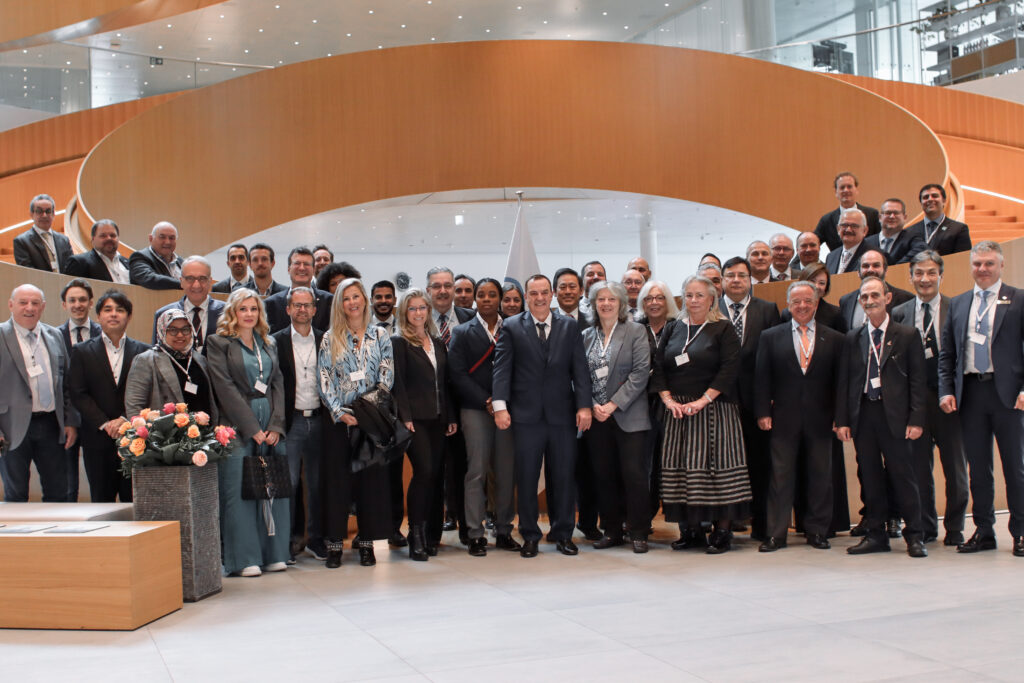The world of sport is once again called to confront an uncomfortable truth — that the same field which inspires hope and ambition for millions of young people can, in the wrong hands, become a space of exploitation.
At the Second World Summit for Social Development in Doha, senior government officials, United Nations representatives, and leaders from across the international sporting community gathered to address one of the least-discussed forms of trafficking in persons: exploitation occurring in, through, and around sport. The high-level dialogue, “Copenhagen to Doha: Tackling Vulnerability and Exploitation Linked to Sport – Supporting Safe and Inclusive Pathways for Youth to Realize Their Dreams,” was convened by the International Organization for Migration (IOM), the Permanent Missions of Monaco and Qatar to the United Nations, and Mission 89, with the strong participation of AIMS and United Through Sports (UTS).
Speakers agreed that sport’s potential for social good is immense — but so too are the risks when oversight fails. Around the world, countless young athletes are lured by false promises of international trials, unregulated academies, or professional contracts that never materialise. Many are left stranded, undocumented, or trapped in cycles of exploitation. Delegates in Doha made it clear that safeguarding in sport is not optional; it is an ethical obligation shared across governments, federations, and communities alike.
H.E. Sheikha Alya bint Ahmed bin Saif Al Thani, Permanent Representative of Qatar to the United Nations, urged that sport must remain a platform for empowerment, never exploitation. H.E. Isabelle Picco of Monaco echoed the warning, highlighting how traffickers prey on the dreams of vulnerable children. Pär Liljert of IOM reminded delegates that youth have the right to pursue their sporting aspirations safely and free from abuse, while Mission 89 Executive Director Lerina Bright drew a firm moral line: “Sport must never be a channel for exploitation but a pathway to dignity, education, and opportunity.”
Representing the international sport community, AIMS President Stephan Fox brought a pragmatic yet urgent message. He stressed that International Federations, though central to athlete protection, are not judicial bodies and cannot substitute for the duties of states. Clear mandates and coordinated responsibilities, he said, are essential if sport is to become a true partner in prevention.
“Real protection for youth requires alignment between sport, state, and society — clear mandates, shared accountability, and practical cooperation,” he stated, calling for safeguarding and anti-trafficking measures to be systematically integrated across sport and migration frameworks.
The discussions in Doha built upon the Copenhagen Declaration, reaffirming that the fight against trafficking cannot be separated from the broader goals of education, skills development, and social inclusion. By linking sport with safe migration pathways and community empowerment, the initiative aims to create a future where ambition no longer leads to vulnerability but to opportunity.
During the Summit, United Nations Member States adopted a landmark Declaration recognising the central role of sport and culture in achieving the Sustainable Development Goals. Governments pledged to embed sport into their national strategies, invest in education and intercultural dialogue, and expand access to learning and physical activity.
IOC President Kirsty Coventry encapsulated the spirit of the gathering with a simple truth: “Every dollar invested in sport-based programmes can return five to six dollars in social value — and often far more.”
The closing moments of the event carried a unifying message that transcended institutions and borders. Safeguarding young people is not a matter of policy alone but of principle. From local academies to international arenas, sport must remain a safe space — a bridge of hope, not a channel of harm.
From Copenhagen to Doha, from the halls of the United Nations to the fields where children chase their dreams, the call is clear: sport must always stand for dignity, integrity, and the right of every young person to pursue their potential safely and with pride.



